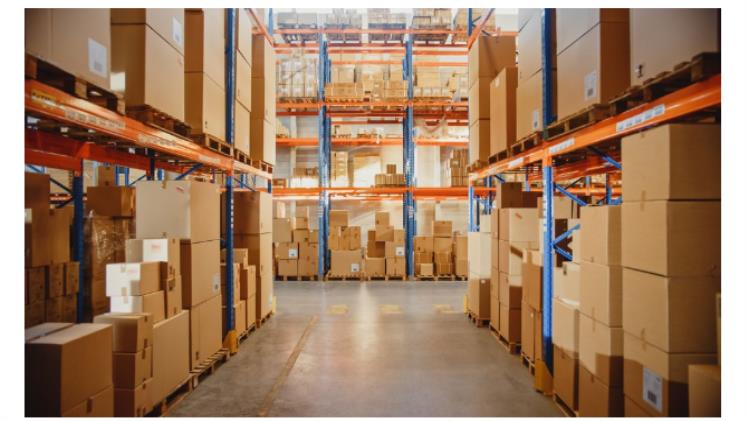There are numerous people involved in the world of e-commerce. These include the consumers and the individuals who create the products and then deliver the product to customers. Wholesalers and producers are the most well-known stakeholders in bringing products into the customers’ hands. This article explains the distinctions between wholesaler vs manufacturer.
What is manufacturing?
The term “manufacturer” refers to a firm or business that makes goods and sells them to distributors, wholesalers, or customers. Some manufacturers concentrate on making raw materials and components used to create specific products. Other manufacturers are accountable for assembling and constructing final products.
That means that one manufacturer could make the raw materials necessary to produce a product that resembles a computer. At the same time, another is responsible for assembling different raw materials that make up the computer.
In e-commerce, the manufacturers are accountable for creating products distributed to the final customers through retailers and wholesalers. Manufacturers sometimes cannot directly sell to customers, so they require some distribution system to get goods to buyers. This is where distributors come into.
Who is the wholesaler?
Wholesalers are independent businesses that purchase bulk products and offer them to retailers in small quantities. For instance, Wholesalers can buy two boxes of candy with 20 packs each and then sell each group to retailers. Wholesalers serve as intermediaries between manufacturers and retailers who sell the products to consumers. Wholesalers are not distributors.
They can purchase products from different manufacturers and distributors and have no contract to sell a product exclusively. In this instance, the wholesaler can sell the two LG and Samsung televisions brands. Additionally, manufacturers can work with multiple distributors to store their inventory.
What is the difference?
The supply chain is where producers and wholesalers usually work in tandem to get the goods to retailers. Manufacturers produce and supply the products to distributors, who sell them to wholesalers. Wholesalers then sell the products to retailers who sell directly to the consumer.
-
Working with Manufacturers
Manufacturers can sell their products in large amounts. Therefore, working with them is recommended if you are planning to purchase goods in large quantities. In the majority of cases, wholesalers work alongside manufacturers so that they can sell their products to wholesalers. If you offer different kinds of merchandise, you could need to work with other manufacturers, which is only sometimes feasible for small-sized stores.
-
Working with Wholesalers
Wholesalers typically work with retailers and occasionally other wholesalers. They purchase bulk from manufacturers or distributors and then sell to B2Cs looking to sell small units to consumers.
When it comes to sourcing products, worldwholesale offers the convenience of both manufacturer and wholesaler options. With Worldwholesale, you have the flexibility to choose between directly working with manufacturers or accessing a wide range of products from trusted wholesalers, ensuring you find the best solution for your business needs.
Main difference
The primary distinction between wholesalers and manufacturers is in their respective roles and the level that they are in within the supply chain in which they work.
A manufacturer is accountable for creating or producing items or products using raw materials or parts. They typically have the tools, facilities, expertise, and facilities to develop, design and build the goods. They often spend money on research, development, quality assurance and manufacturing processes to ensure that their products comply with the requirements of a specific industry. They typically are the first step of the chain. They can sell their products directly to customers or distribute them via retailers or wholesalers.
In contrast, Wholesalers are intermediaries between the retailer and the manufacturer. Wholesalers purchase bulk quantities of goods from other suppliers or manufacturers and then sell the items at a lower price to retail stores. They typically have large warehouses for storage and management of the inventory.
Wholesalers can offer additional value through packaging, labelling, and order fulfilment. They play a vital part in the distribution of products to retailers, which permits manufacturers to access a larger market without having to deal directly with retailers individually.

